Enzymatic Toothpaste for Cats
- Enzyme toothpastes work by breaking down plaque biofilm naturally, preventing dental disease without requiring extensive brushing
- Cat-specific enzyme toothpastes contain ingredients like glucose oxidase and lactoperoxidase that continue working even after application
- JP's Natural Pet Supplements offers no-brush enzyme formulas that make dental care easier for reluctant cats
- Regular use of enzyme toothpaste can reduce vet costs by preventing expensive dental procedures
- Unlike human toothpaste, enzyme formulas are safe if swallowed and don't require rinsing, making them ideal for feline care
Why Your Cat's Dental Health Is Critical (And Often Overlooked)
Your cat's dental health has a direct impact on their overall wellness, yet it's one of the most neglected aspects of feline care. By age three, approximately 80% of cats already show signs of dental disease—a startling statistic most cat parents aren't aware of. When left untreated, dental problems not only cause bad breath and discomfort but also create pathways for bacteria to enter the bloodstream, potentially affecting vital organs such as the heart, liver, and kidneys.
Despite these profound implications, many cat owners find traditional dental care incredibly challenging. Cats naturally resist having foreign objects placed in their mouths, making standard brushing sessions feel like wrestling matches. This difficulty often leads to inconsistent care or complete avoidance of dental maintenance. The good news? JP's Natural Pet Supplements and other companies have developed enzyme toothpastes specifically designed to overcome these hurdles while providing adequate protection.
Veterinary dental procedures can cost anywhere from £300 to £1,000, depending on your location and the severity of your cat's condition. These procedures typically require a general anaesthetic, which carries its own risks, especially for older cats or those with existing health conditions. Establishing a consistent dental care routine using enzyme toothpaste creates a preventative approach that's both cost-effective and safer for your feline companion.
"Dental disease is one of the most common yet preventable conditions we see in veterinary medicine. Using the right enzymatic products consistently can make the difference between a healthy mouth and painful dental extractions." - Dr. Karen Becker, Integrative Veterinarian.
How Enzyme Toothpaste Actually Works on Cat Teeth
Unlike traditional toothpastes that rely primarily on mechanical scrubbing and abrasives, enzyme toothpastes work through biochemical reactions that target the bacterial biofilm on teeth. This fundamental difference makes enzyme formulations particularly valuable for cats, who often struggle to tolerate thorough brushing. The enzymes continue working long after application, breaking down plaque even in areas your brushing might miss.
The magic happens when these specialised enzymes meet the bacteria in your cat's mouth. Rather than simply masking bad breath or temporarily removing surface debris, enzyme toothpastes attack the very structure of plaque biofilm. This approach prevents bacteria from establishing the strong colonies that eventually harden into tartar—the rock-like substance that can only be removed by professional cleaning.
The Science Behind Enzymatic Action
Enzymatic toothpastes rely on natural biological catalysts to break down bacterial substrates in your cat's mouth. The primary mechanism involves a multi-enzyme system that targets different components of oral bacteria and their protective biofilm. When applied to your cat's teeth, these enzymes immediately begin to dissolve the protein structures that allow bacteria to adhere to tooth surfaces.
The most effective enzyme formulations contain glucose oxidase and lactoperoxidase—a powerhouse combination that creates hydrogen peroxide and hypothiocyanite. These compounds penetrate deep into the microscopic crevices of your cat's teeth, where bacteria thrive, disrupting their cell membranes and preventing reproduction. Unlike mechanical cleaning alone, which only addresses surface plaque, these enzymes work at the molecular level to prevent biofilm from reforming after application.
What makes this approach particularly valuable for cats is that these enzymes continue working for hours after application, creating an ongoing protective environment in your cat's mouth. This extended action means that even a quick daily application can provide significant protection against dental disease, making it realistic for even the most resistant cats.
Key Ingredients That Make Enzyme Toothpastes Effective
The most potent cat enzyme toothpastes contain several key active ingredients that work synergistically. Glucose oxidase serves as the primary catalyst, converting glucose and oxygen into hydrogen peroxide—a natural antibacterial agent. Lactoperoxidase then transforms this hydrogen peroxide into hypothiocyanite, which specifically targets and destroys harmful oral bacteria without damaging healthy tissues.
Many quality formulations also include lysozyme, an enzyme that directly attacks bacterial cell walls, and lactoferrin, which binds to iron that oral bacteria need for growth. Silica acts as a gentle abrasive to help remove surface stains, while ingredients like aloe vera and vitamin E soothe and heal irritated gums. The best products, like JP's Natural Enzymatic Toothpaste, combine these components in a palatable base that cats don't mind having in their mouths.
Sodium hexametaphosphate serves as another valuable ingredient that helps prevent minerals in saliva from forming tartar. This ingredient creates a protective barrier on teeth that prevents calcium and phosphate crystals from binding to existing plaque, effectively stopping the mineralisation process that transforms soft plaque into hardened tartar.
Why Traditional Toothpastes Fall Short for Cats
Human toothpastes contain ingredients such as xylitol, fluoride, and foaming agents that can be toxic to cats when ingested. Since cats can't rinse and spit like humans, these formulations pose serious health risks, including liver damage and gastrointestinal distress. Even many basic pet toothpastes lack the enzymatic components that make dental care truly effective for felines with their unique oral biology and resistant behaviours.
Standard pet toothpastes often rely heavily on mechanical brushing action, which most cats won't tolerate long enough to be effective. They require extended brushing sessions with proper technique to remove plaque, creating a frustrating experience for both cat and owner. This frustration leads to inconsistent care, rendering even high-quality traditional formulas ineffective in real-world use.
Additionally, traditional toothpastes typically don't address the specific pH environment of a cat's mouth, which differs significantly from that of humans. Enzyme formulations are designed to work optimally in feline oral conditions, maintaining effectiveness even with the minimal contact time most cat owners can realistically achieve during dental care sessions.
5 Best Enzyme Toothpastes for Cats in 2025
After consulting with veterinary dentists and analysing hundreds of user reviews, we've identified the top-performing enzyme toothpastes that deliver real results for cats. These selections strike a balance between effectiveness, palatability, ingredient quality, and ease of use—the four critical factors that determine whether a dental product will be used consistently enough to make a difference in your cat's oral health.
1. Natural Enzymatic Toothpaste (Vet-Recommended Formula)
JP's Natural Enzymatic Toothpaste stands out with its bio-adhesive system that eliminates the need for brushing—a game-changer for fussy cats. The formula adheres to teeth and gums, allowing the enzyme complex to work continuously after a simple application between the gum and cheek. Its all-natural ingredient profile includes a proprietary enzyme complex that prevents plaque formation while gently removing existing buildup.
Veterinarians particularly recommend this formula for cats with established dental issues or those recovering from dental procedures. The inclusion of soothing aloe vera helps heal inflammation, while the enzymes tackle bacterial overgrowth. Cat owners report noticeable improvements in breath odour within days and visible reductions in plaque within weeks of consistent use.
What truly distinguishes this product is its no-brush application method, which eliminates the struggle many cat owners face. By simply applying a small amount on each side of the mouth, the enzymes distribute naturally through the cat's normal tongue movements and saliva production, reaching areas that would be difficult to brush directly.
JP's Enzymatic Toothpaste for Cats
2. Virbac C.E.T. Enzymatic Toothpaste
Virbac's C.E.T. Enzymatic Toothpaste utilises a dual-enzyme system (glucose oxidase and lactoperoxidase) that creates hydrogen peroxide and hypothiocyanite to break down bacterial cell walls. Available in poultry flavour that most cats find acceptable, this paste has earned a reputation among veterinarians for its effectiveness against stubborn plaque. The consistency strikes a balance between being thick enough to stay on teeth but soft enough to work with minimal brushing.
Long-term users report significant reductions in tartar accumulation between professional cleanings, with many veterinarians noting the difference during check-ups. The formula doesn't contain foaming agents and does not require rinsing, making it safer for feline use. While it works best with some mechanical action from a finger brush or soft toothbrush, many users report good results even with partial brushing sessions.
The main drawback is that, unlike completely no-brush formulas, Virbac does benefit from at least some brushing motion for optimal results. However, its proven clinical effectiveness makes it worth the extra effort for cats that will tolerate minimal brushing, especially those with existing dental concerns.
3. Petsmile Professional Cat Toothpaste
Petsmile stands out as the only cat toothpaste awarded the Veterinary Oral Health Council (VOHC) seal of acceptance for plaque inhibition. This clinical-grade formula contains their patented Calprox system, which gently dissolves the protein film on teeth that attracts bacteria and stains. The formula works effectively even without brushing, though light brushing enhances results.
The London Broil flavour specifically developed for feline preferences makes this one of the most palatable options available, which is essential for consistent use. Cat owners, in particular, note the product's effectiveness in addressing "cat breath" while leaving a subtle, fresh scent. The specialised applicator tip allows for precise application along the gumline where bacteria typically accumulate.
While premium-priced compared to other options, Petsmile's concentrated formula means a small amount goes further than more diluted options. For cats with severe dental issues or those at high risk for dental disease (such as certain breeds like Persians and Maine Coons), the investment often pays for itself in reduced veterinary costs over time.
4. Vetoquinol Enzadent Enzymatic Toothpaste
Vetoquinol's Enzadent offers a triple-enzyme formula that attacks plaque from multiple angles, making it particularly effective for cats with established tartar problems. The poultry-flavoured paste contains a smoother texture that many cats find less objectionable than grittier alternatives. Its formulation includes natural abrasives that polish teeth without damaging the enamel, which is particularly important for older cats with more sensitive teeth.
The product's standout feature is its ability to work in the gaps between teeth, areas particularly prone to developing periodontal disease in cats. Users consistently mention improved gum appearance after several weeks of application, with formerly red or inflamed areas returning to a healthier pink colouration. Veterinarians often recommend this formula specifically for cats showing early signs of gingivitis.
One limitation is that Enzadent works best when applied with at least some gentle brushing, although it still provides benefits when applied directly to the gums. The flip-cap tube design makes one-handed application easier for solo cat parents trying to manage dental care without assistance, a practical consideration for daily use.
5. Arm & Hammer Advanced Care Enzymatic Toothpaste
Arm & Hammer leverages their expertise in baking soda technology with an enzymatic formula specifically balanced for feline mouths. The micro polishing of baking soda particles provides gentle abrasion, while enzymes tackle bacteria, and the chicken flavour masks the slightly salty taste that would otherwise deter cats. This dual-action approach addresses both the mechanical and biochemical aspects of plaque control.
No-Brush Options for Stubborn Cats
For the majority of cats who absolutely refuse toothbrushing, alternative dental care options can still provide significant protection against periodontal disease. These no-brush solutions integrate seamlessly into your cat's routine, causing no stress or creating negative associations. While they may not be quite as effective as proper brushing with enzyme toothpaste, they're dramatically better than no dental care at all—and their ease of use promotes the consistency that's essential for real results.
Dental Gels That Work Without Brushing
Enzymatic dental gels provide a brushless approach to feline oral care by adhering to teeth and gums. Products like JP's Natural Enzymatic Toothpaste utilise a bio-adhesive system where you apply the gel between the cheek and gum line on each side of the mouth. The natural enzymes then distribute through saliva, working continuously to break down plaque biofilm while your cat goes about their everyday activities.
These gels typically contain higher concentrations of active enzymes compared to standard toothpastes, compensating for the lack of mechanical brushing action. Most formulations include soothing ingredients like aloe vera or calendula that simultaneously promote gum healing while the enzymes target bacteria. The key advantage is that the application takes mere seconds—a quick dab on each side of the mouth—making it practical for daily use even with the most resistant cats.
Water Additives for Daily Protection
Dental water additives offer a relatively passive approach to feline oral care, requiring only that you add a small amount to your cat's water bowl daily. These clear, tasteless solutions contain antimicrobial enzymes that help control bacterial growth throughout the entire mouth, not just on the tooth surfaces. While not as concentrated as direct-application products, they provide consistent low-level protection that accumulates benefits over time.
"While dental water additives shouldn't be your only line of defence against periodontal disease, they provide valuable supplementary protection for cats who resist more direct dental care. The key is selecting products specifically formulated for cats, as some contain ingredients like essential oils that may be problematic for feline health." - Dr. Susan Konecny, RN, DVM
The effectiveness of water additives depends heavily on your cat's drinking habits. Cats who drink frequently throughout the day receive more consistent exposure to the active ingredients than those who drink rarely. For maximum benefit, some owners use automatic water fountains with additives, as the running water encourages more frequent drinking while continuously circulating the antimicrobial solution.
Quality water additives should be colourless, odourless, and truly tasteless to prevent cats from rejecting their water. Look for products containing enzymes like lactoperoxidase rather than those relying solely on chlorhexidine, which can cause taste aversion in some cats. The best options are those that have been explicitly safety-tested for long-term feline use, as cats' unique metabolic processes cause certain compounds to be handled differently than in other species.
Dental Treats and Chews That Clean Teeth
Enzymatic dental treats combine mechanical cleaning action with chemical plaque control, offering a practical compromise for cats who view toothbrushing as a daunting task. These specialised treats are designed with textures and shapes that scrape against teeth as cats chew, while embedded enzymes work to break down plaque biofilm. The most effective options feature a fibrous texture that encourages longer chewing time rather than immediate swallowing, maximising contact with the tooth surfaces.
Signs Your Cat's Dental Care Routine Is Working
When you commit to a consistent dental care regimen using enzyme toothpaste, positive changes begin to manifest within weeks. The most immediate sign is improved breath odour—that distinctive "cat breath" should gradually diminish as bacterial populations in the mouth decrease. You'll also notice less visible plaque accumulation along the gumline, particularly on the front canines, where buildup is typically most obvious.
Physical behaviours offer additional evidence of improvement. Cats with healthy mouths show increased interest in dry food and crunchy treats that they may have previously avoided due to dental pain. You might observe your cat chewing more symmetrically rather than favouring one side, and they'll likely display less pawing at the mouth or face rubbing against furniture—subtle signs of oral discomfort many owners miss. As inflammation decreases, some cats even become more sociable and playful once the chronic pain they've been silently enduring subsides.
Before and After: What to Expect
During the first week of enzyme toothpaste use, don't expect dramatic visible changes. The initial effects are primarily biochemical, as enzymes begin to disrupt bacterial colonies and reduce their ability to produce odour-causing compounds. By weeks two to three, you should notice significantly fresher breath and a reduction in visible plaque, especially on the front teeth where the toothpaste has the most contact.
After consistent use for 4-6 weeks, gum improvements become more apparent. Healthy gums appear pink rather than red, with minimal to no bleeding when gently pressed. The visible margin where the gums meet the teeth should appear less swollen and more firmly attached. Some cats may even show whiter teeth as surface stains gradually lift, though this effect varies significantly depending on your cat's age and the extent of existing staining before treatment began.
When to Consult Your Veterinarian
Despite diligent home care with enzyme toothpaste, certain warning signs warrant immediate veterinary attention. Persistent bad breath that doesn't improve with enzymatic care could indicate tooth root abscesses or other infections below the gumline. Facial swelling, excessive drooling, or complete refusal to eat are emergencies that require prompt professional assessment, as they may indicate advanced dental disease or tooth fractures.
Schedule a veterinary evaluation if you notice your cat pawing at their mouth, dropping food while eating, or making unusual noises while chewing, even after several weeks of consistent enzyme toothpaste application. These behaviours suggest that pain, which enzymatic treatment alone cannot address, is present. Remember that while enzyme toothpaste provides excellent preventive care and helps manage minor dental issues, it cannot resolve significant problems, such as resorptive lesions, fractured teeth, or advanced periodontal disease—conditions that require professional intervention.
Your Cat Deserves Healthy Teeth for Life
Incorporating enzyme toothpaste into your cat's daily routine represents one of the most impactful preventative health measures you can take as a responsible pet parent. The few seconds spent applying enzymatic products translate into years of improved quality of life, as they prevent the pain and systemic health complications associated with dental disease. Even cats previously resistant to oral care often accept enzyme formulas, especially brushless options that minimise handling and stress.
Remember that consistency trumps perfection with feline dental care. A brief daily application that your cat tolerates well yields far greater benefits than occasional thorough sessions, which can create stress and negative associations. By choosing high-quality enzyme toothpastes like those offered by JP's Natural Pet Supplements, you're making a modest investment that potentially saves thousands in veterinary costs while protecting your feline companion from unnecessary suffering. Your cat's purrs of contentment and healthy appetite will be the most rewarding evidence that your dental care efforts are truly making a difference.
Frequently Asked Questions
Navigating feline dental care raises many questions for conscientious cat owners. Here are straightforward answers to the most common concerns about enzyme toothpastes and their role in maintaining your cat's oral health.
Is enzyme toothpaste safe if my cat swallows it?
Yes, enzyme toothpastes are specifically formulated to be safe when swallowed, unlike human toothpastes, which contain potentially toxic ingredients like fluoride and xylitol. The enzymes in these products naturally break down in the digestive system without causing harm. Quality cat-specific enzyme toothpastes use food-grade ingredients that pose no digestive risks. This swallow-safe formulation is precisely why they're the recommended choice for feline dental care, as cats cannot rinse and spit like humans.
How soon can I expect to see results after starting an enzyme toothpaste?
Most cat owners notice an improvement in breath odour within 5-7 days of consistent enzyme toothpaste use. Visible reductions in plaque typically become apparent within 2-3 weeks, while improvements in gum health, such as reduced redness and inflammation, generally take 4-6 weeks of daily application. However, existing tartar (hardened plaque) will not be removed by enzyme toothpaste alone—this requires professional cleaning. The toothpaste primarily prevents new tartar formation while addressing active bacterial populations causing inflammation.
Can enzyme toothpaste replace professional dental cleanings?
While enzyme toothpaste can significantly reduce plaque buildup and help prevent dental disease, it cannot completely replace professional cleanings for cats with existing dental issues. Think of enzyme toothpaste as daily maintenance that extends the time between professional cleanings rather than eliminating their necessity. Cats with healthy mouths, maintained from kittenhood with enzyme products, may require less frequent professional care; however, annual veterinary dental evaluations remain essential for detecting problems below the gumline that aren't visible to owners.
Why does my cat foam at the mouth with some dental products?
Foaming or drooling after toothpaste application typically indicates one of three things: the product contains ingredients with a bitter taste your cat finds unpleasant, the formulation includes sodium lauryl sulphate (a foaming agent found in many standard pet toothpastes), or your cat is producing excess saliva as a natural response to an unfamiliar substance. True enzyme toothpastes rarely cause excessive foaming as they're formulated without artificial foaming agents. If foaming persists, try switching to a different enzymatic product labelled explicitly for sensitive cats, as these typically contain fewer potential irritants.
What's the difference between enzyme toothpaste and regular pet toothpaste?
Enzyme toothpastes contain active biological catalysts, such as glucose oxidase and lactoperoxidase, that break down bacterial biofilm through biochemical reactions, allowing them to continue working for hours after application. Regular pet toothpastes primarily rely on mild abrasives and flavouring agents that require mechanical brushing action to be effective, offering little ongoing protection once the brushing stops. The enzymatic approach provides significantly better results with minimal brushing, making it particularly valuable for cats who resist traditional toothbrushing. Additionally, enzyme formulations typically address both the symptoms and causes of dental disease, while basic pet toothpastes often only mask symptoms temporarily.
Implementing a consistent dental care routine using quality enzyme products stands among the most impactful preventative health measures you can provide for your feline companion. The minor investment in these specialised formulations potentially saves substantial veterinary costs while protecting your cat from the pain and systemic health complications associated with dental disease.
When it comes to maintaining your pet's oral health, choosing the right products is crucial. For cat owners, finding an effective cat enzyme toothpaste can make a significant difference in preventing dental issues. Regular use of specialised toothpaste can help reduce plaque buildup and keep your feline friend's teeth clean and healthy.





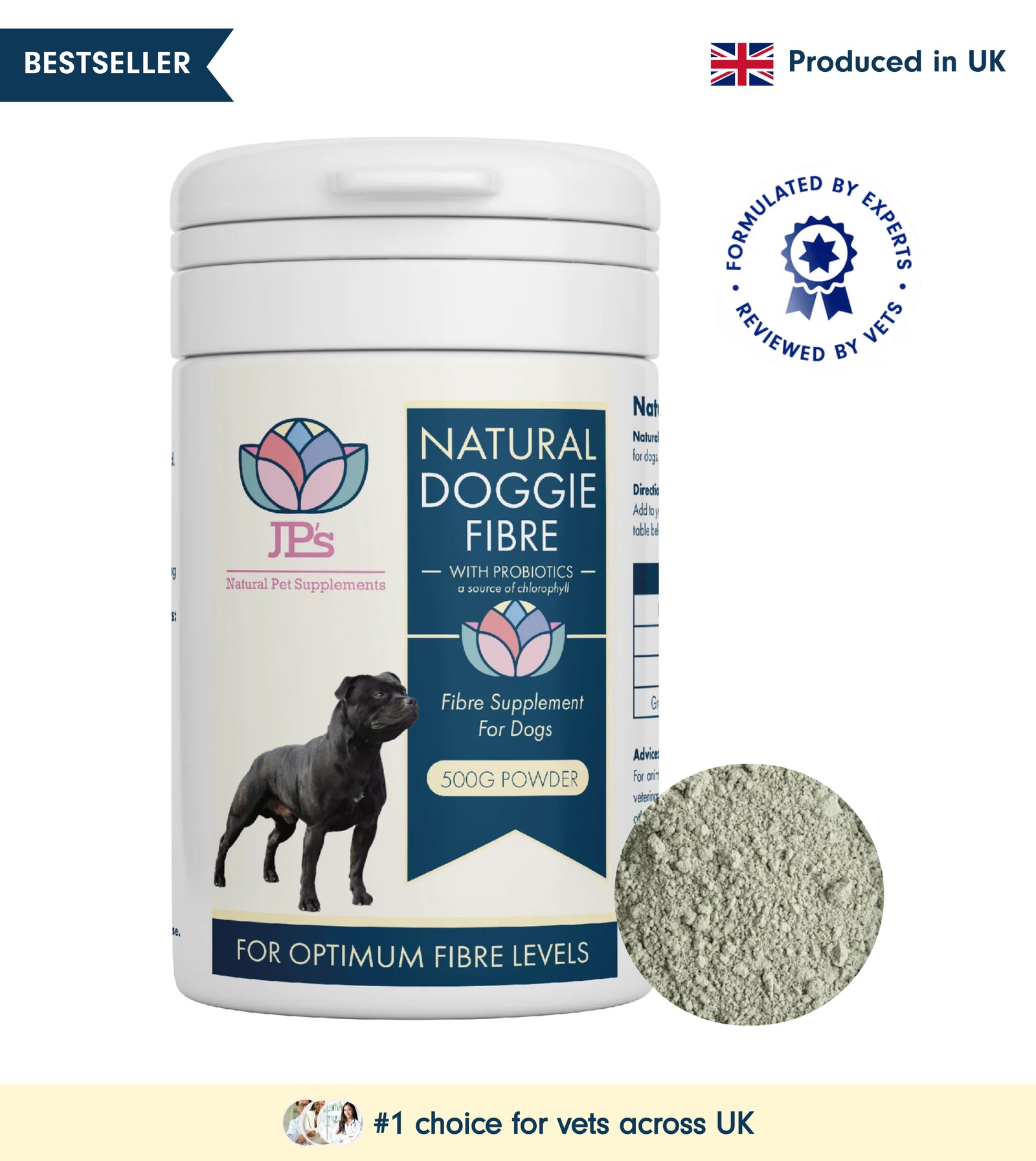
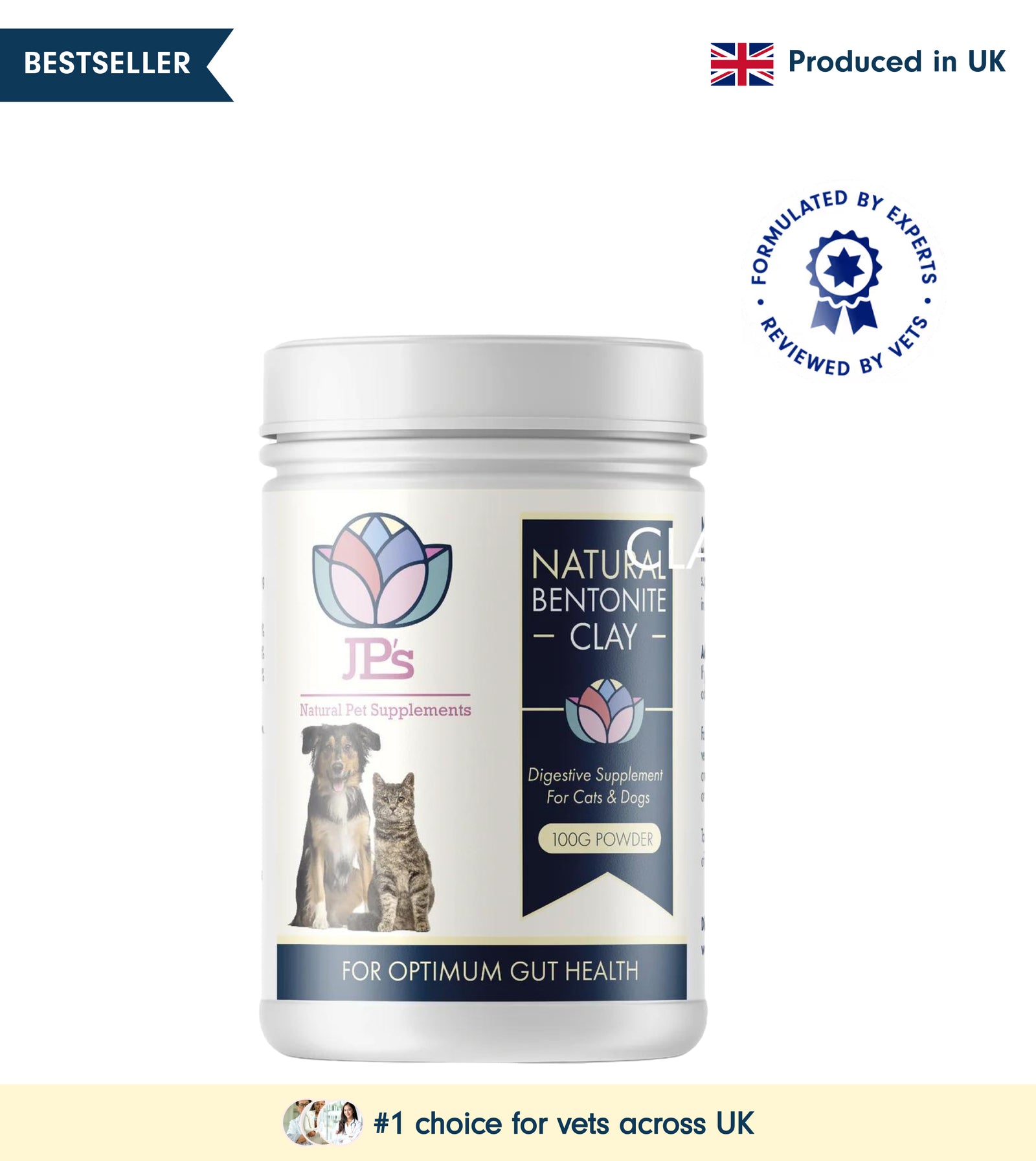
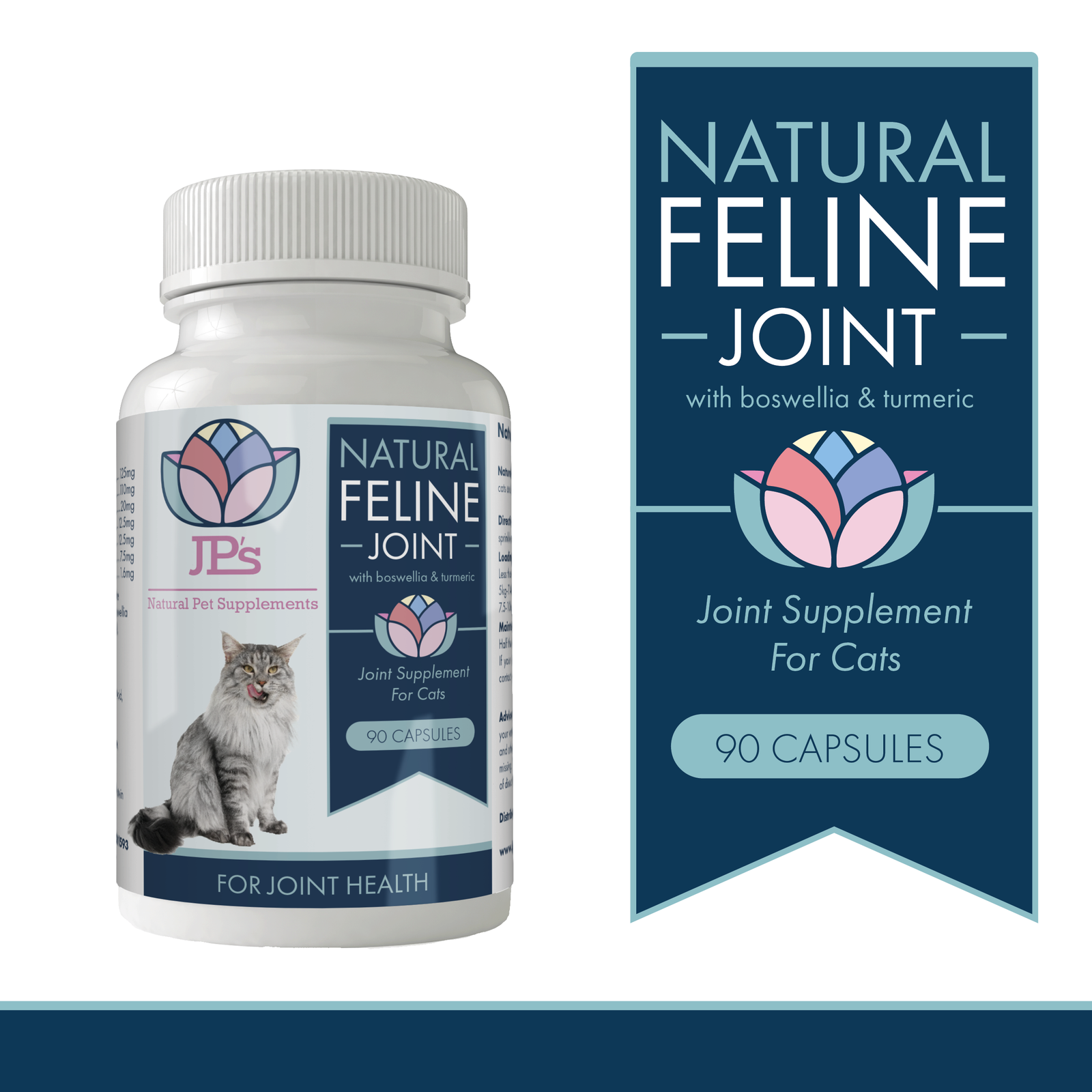
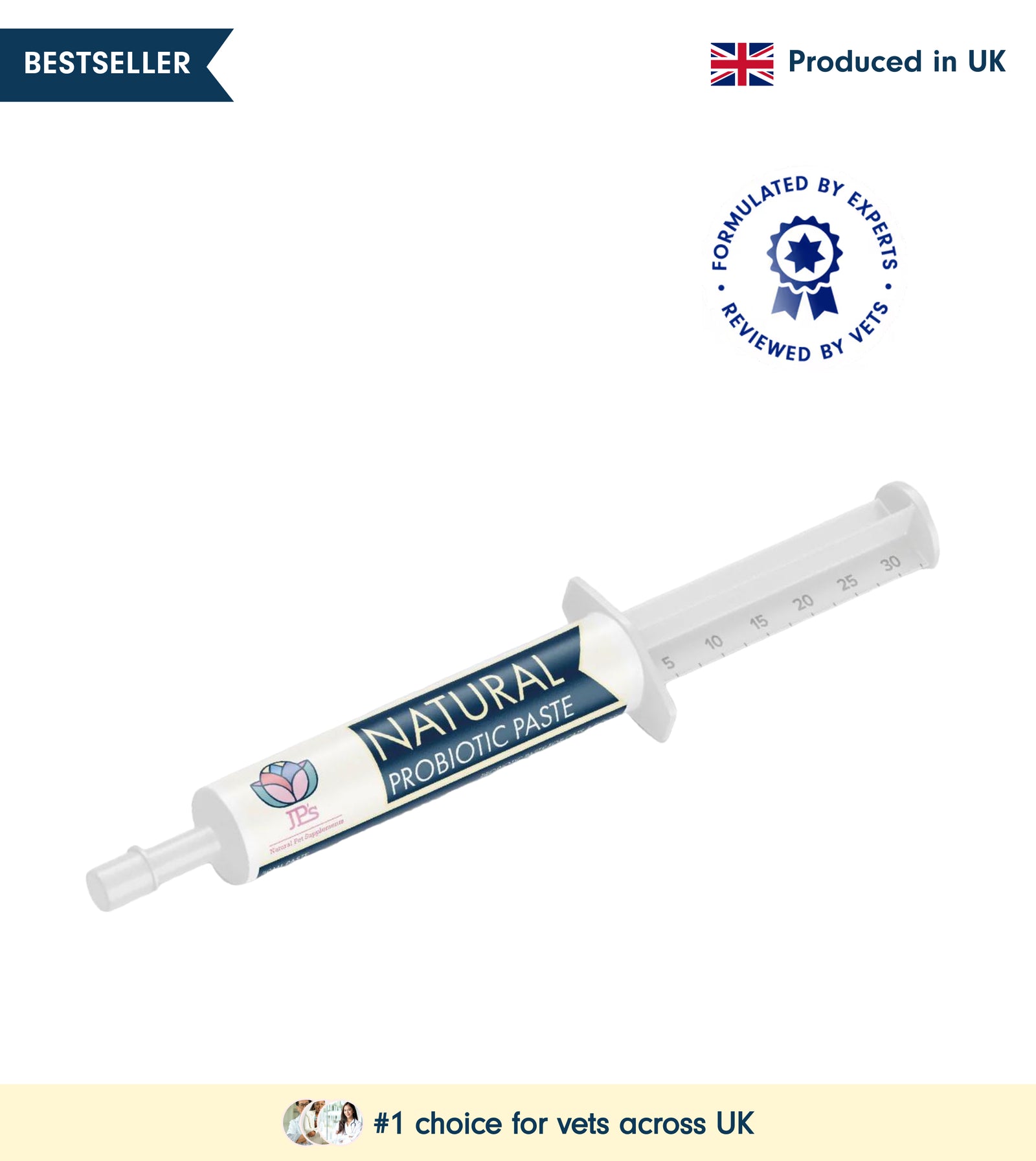
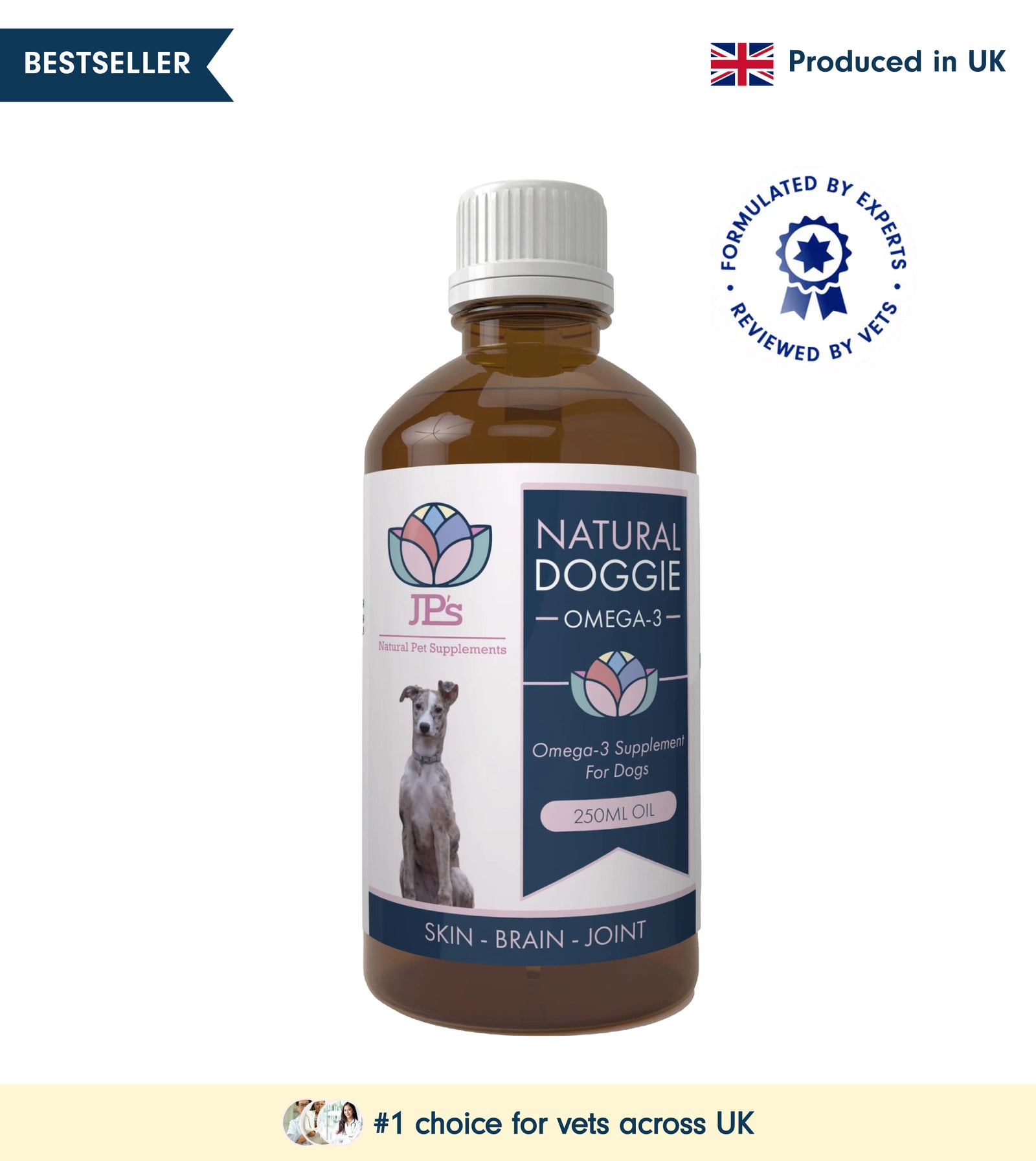
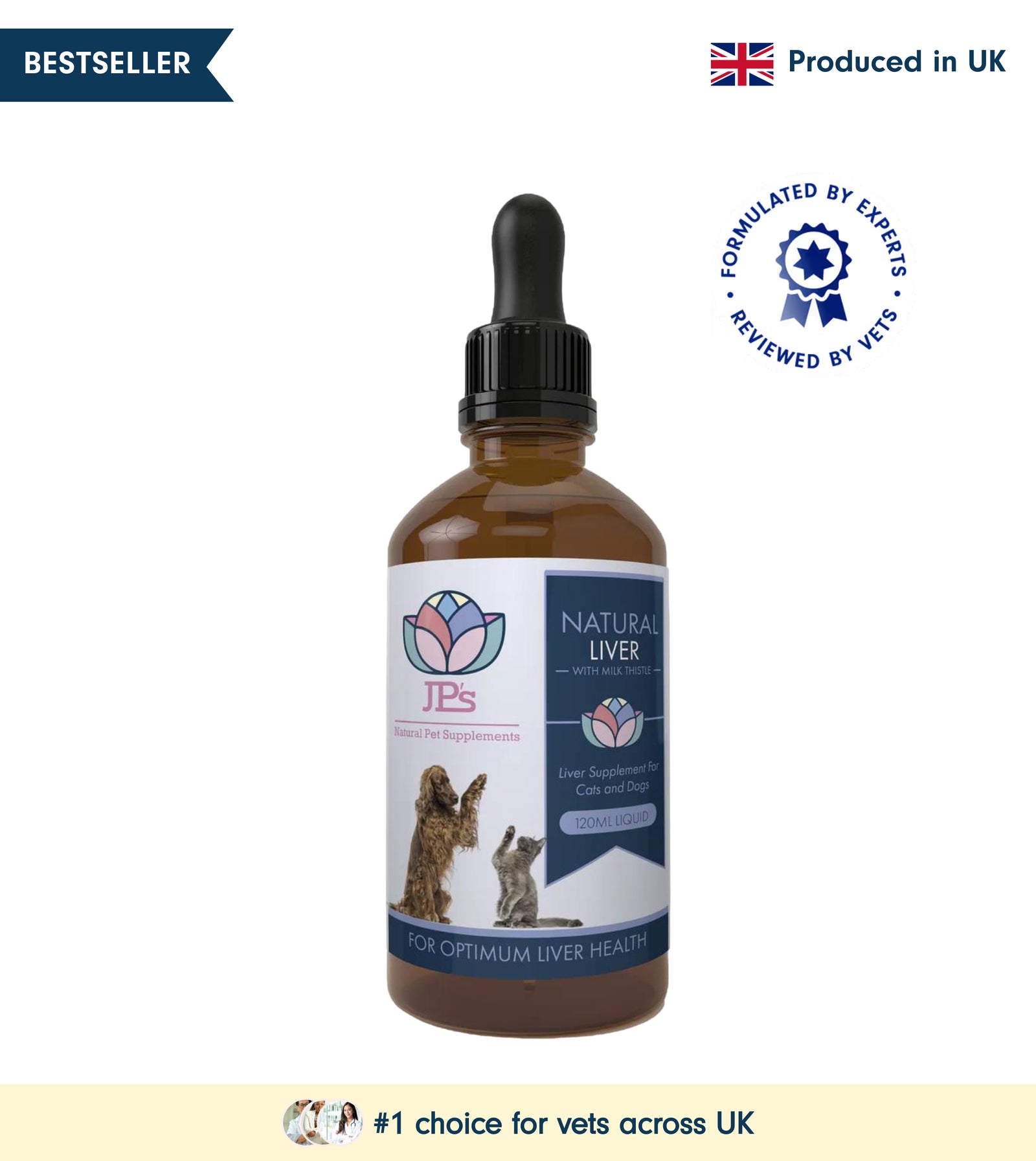
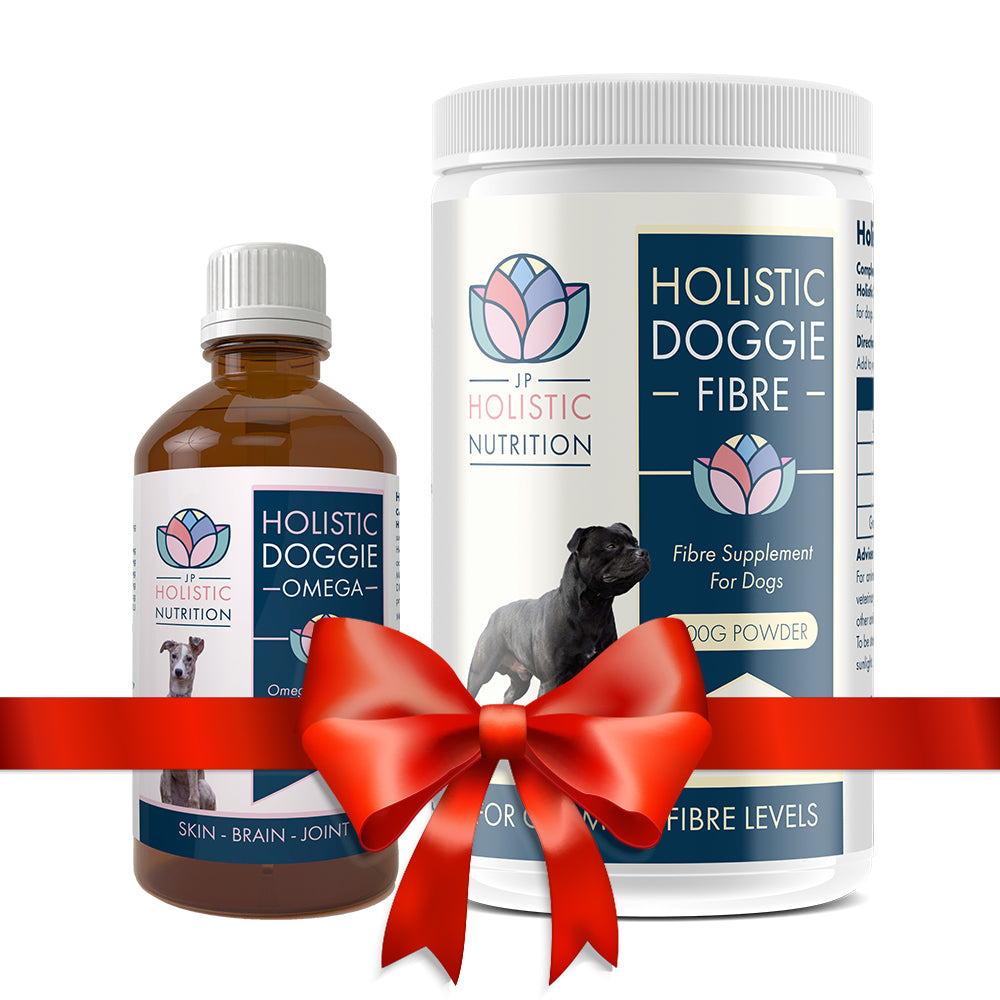
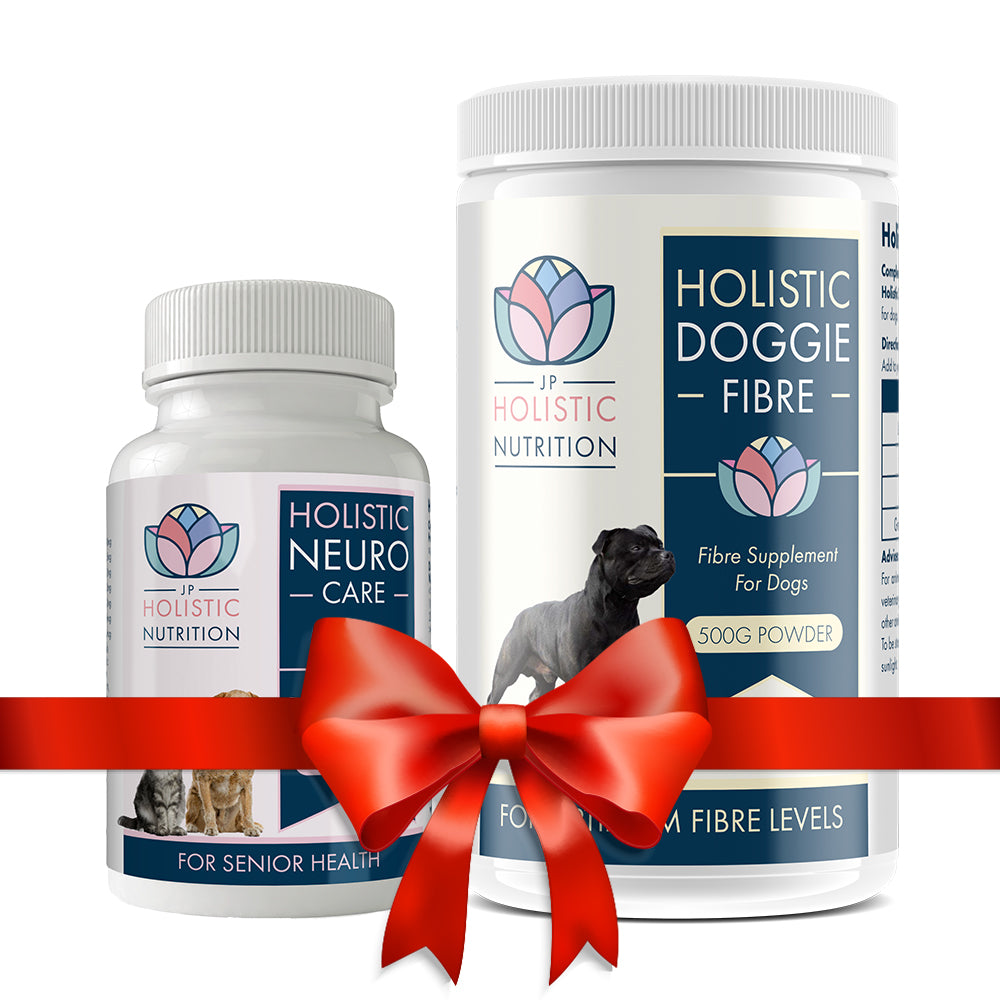
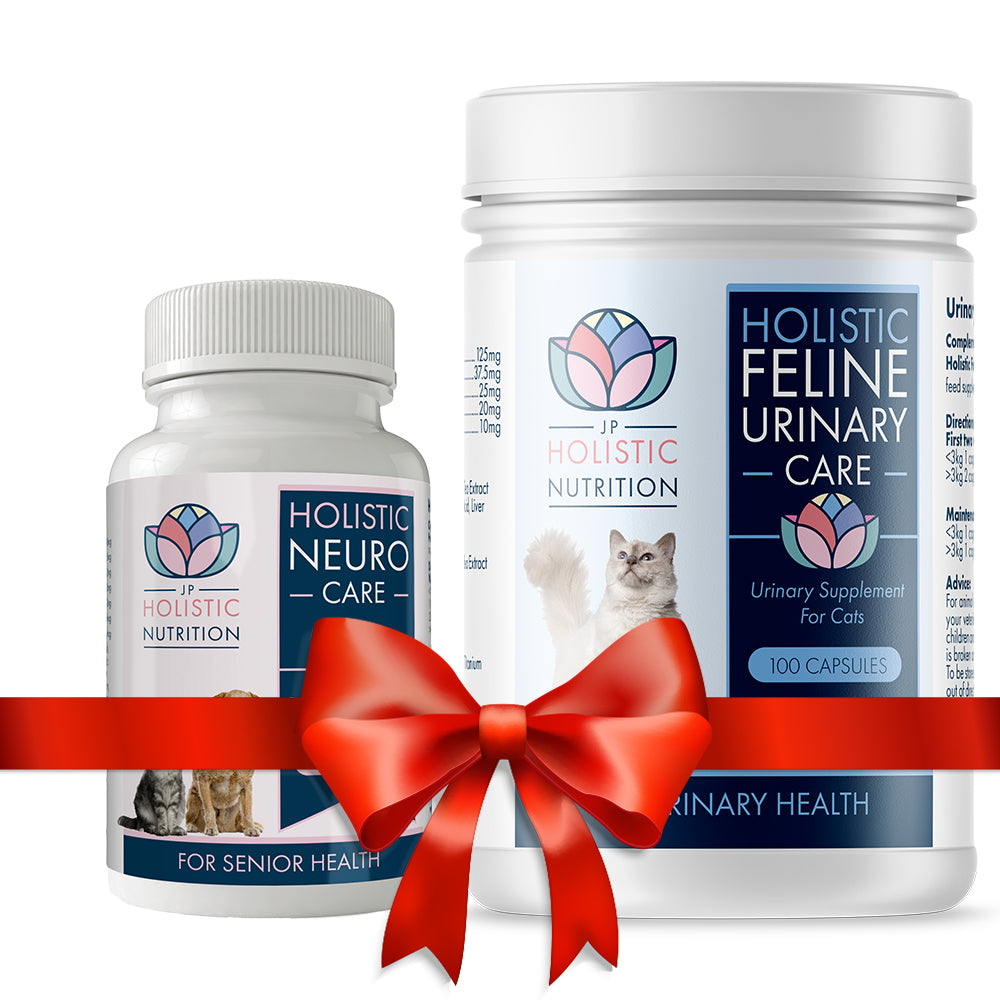
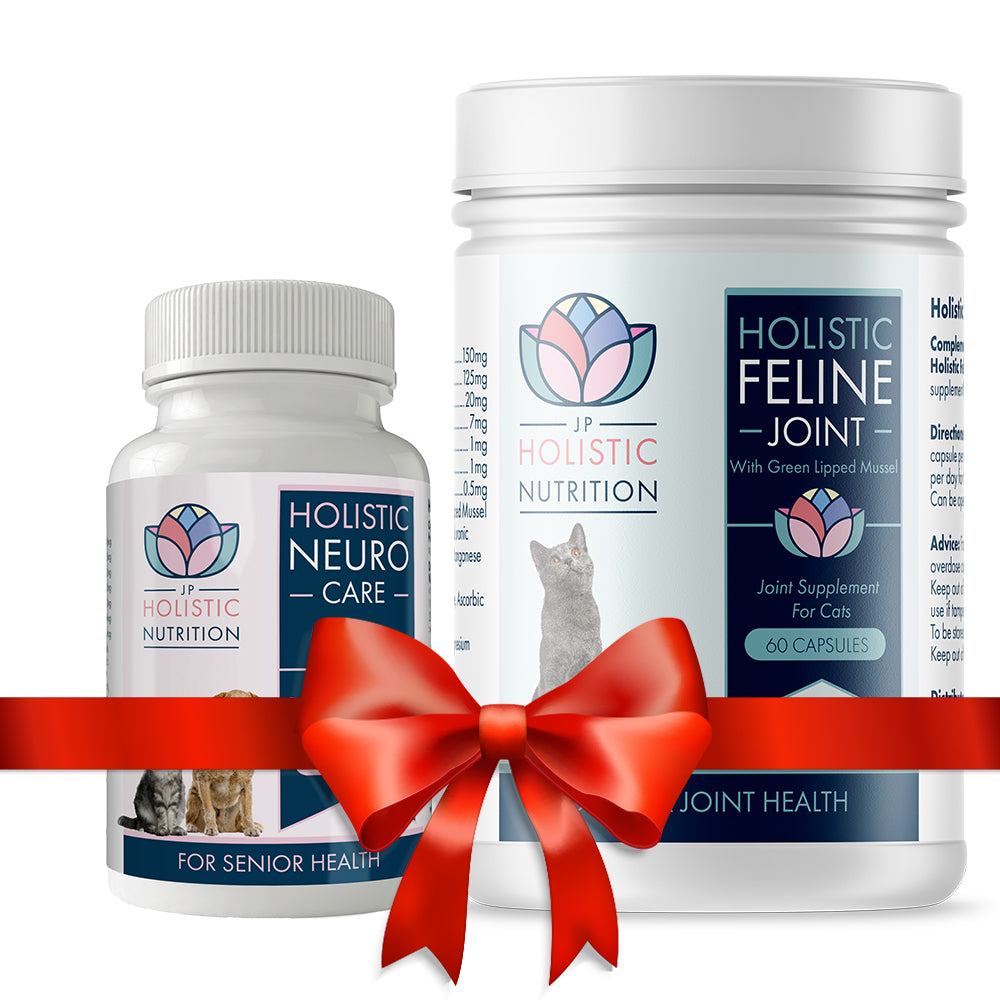
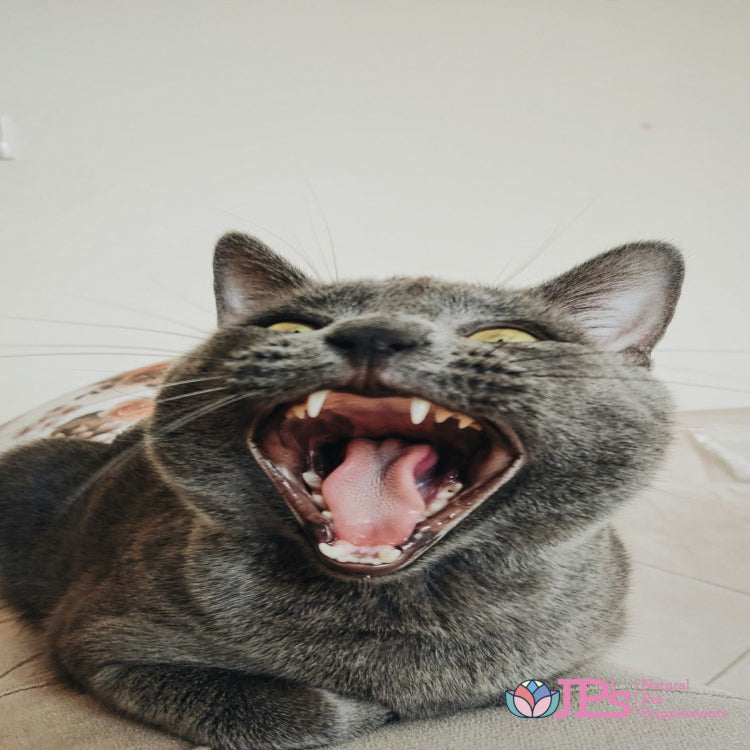






Leave a comment (all fields required)